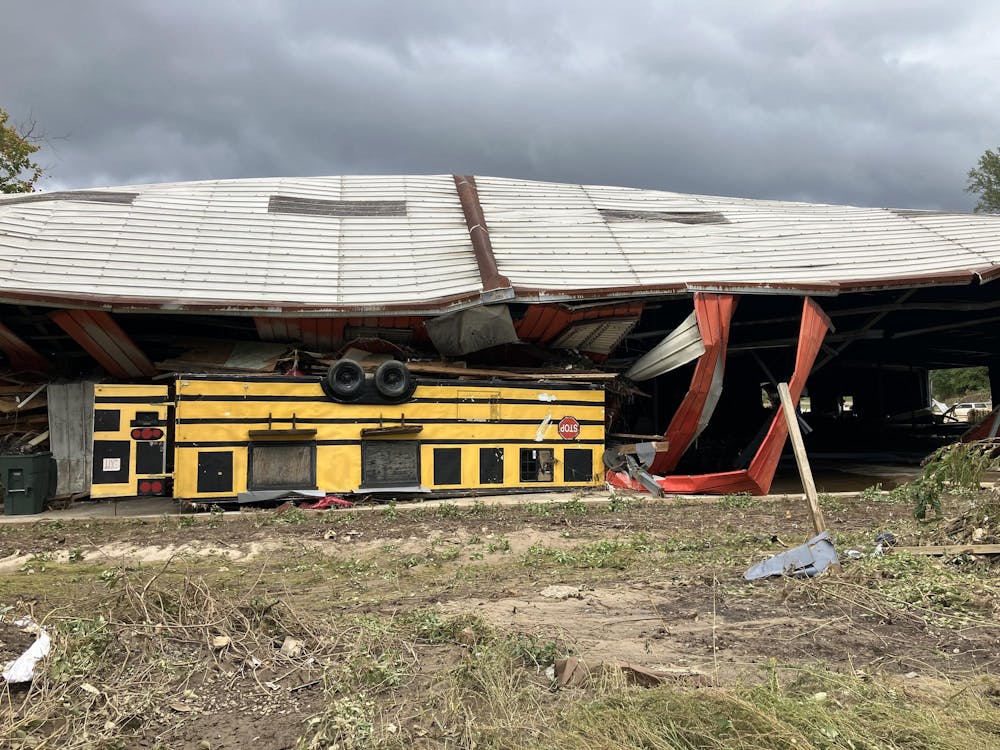Our evaluations of disaster, of loss, of suffering account for cultural relevance or capitalist value, but often miss one thing: humanity. As the death toll climbs and all many can seem to talk about is the marring of natural beauty or the stagnation of key industries, speaking of human loss with humanity can be hard to find.
Our neighbors deserve safety and salvation without loss of dignity. The trivialization of this horror through political speculation and economic ‘practicality’ is a crisis of common humanity. It is now bold to declare there is humanity beyond pastoral beauty. What more, that there is humanity beyond capitalist utilization.
Death is horror for the fact of death itself. Why do we mention the suffering of towns like Spruce Pine in terms only of what they offer to industry? Why do we mention Asheville only in terms of “leaf season” tourism? We must value life without the worth of its abstraction.
The South’s tragedies can no longer be the prey of exploitation or patronization. Our South is people deserving of dignity in life and death, worth more than their occupation or voting status.
Appalachia is an indentured colossus, extracted materially and culturally by this nation.
Media outlets speak of the storm for its economic consequences. Politicos speculate electoral odds dependent on Americans’ loss of livelihood. Thousands of Appalachians have lost their homes, transportation, electricity and businesses; their personal suffering become political currency, to be spent by crass, nearly cruel, candidates. Is this how we value our fellow Americans’ lives? Are their lives worth only their impact on a bottom line or an exit poll?
Appalachians have seen loss. This land has seen every biblical strife: state violence, rampant poverty, devastating sickness and substance abuse and now environmental disaster. But these plagues are not inevitable, they are systemic. These afflictions are not intrinsic to the character and culture of those that suffer, rather only the product of years of occupation and extraction.
We have all extracted from Appalachia. As visitors, we extract the natural beauty and domestic tranquility at the expense of itself. As academics, we extract the folk art, tradition and knowledge of a people often without proper understanding. As industrialists, we extract underpaid labor, expertise of the people and the goods of the mountain itself. Thus, many see Appalachia’s humanity only in what we extract. For all that we extract, is there nothing that we can give?
What is asked of you is not much. At the very least, we can give dignity, respect and a helping hand. Through this, we declare the lives of our neighbors are worth every bit as much as a Wall Street broker or an ivory tower academic.




